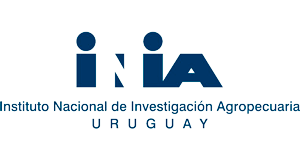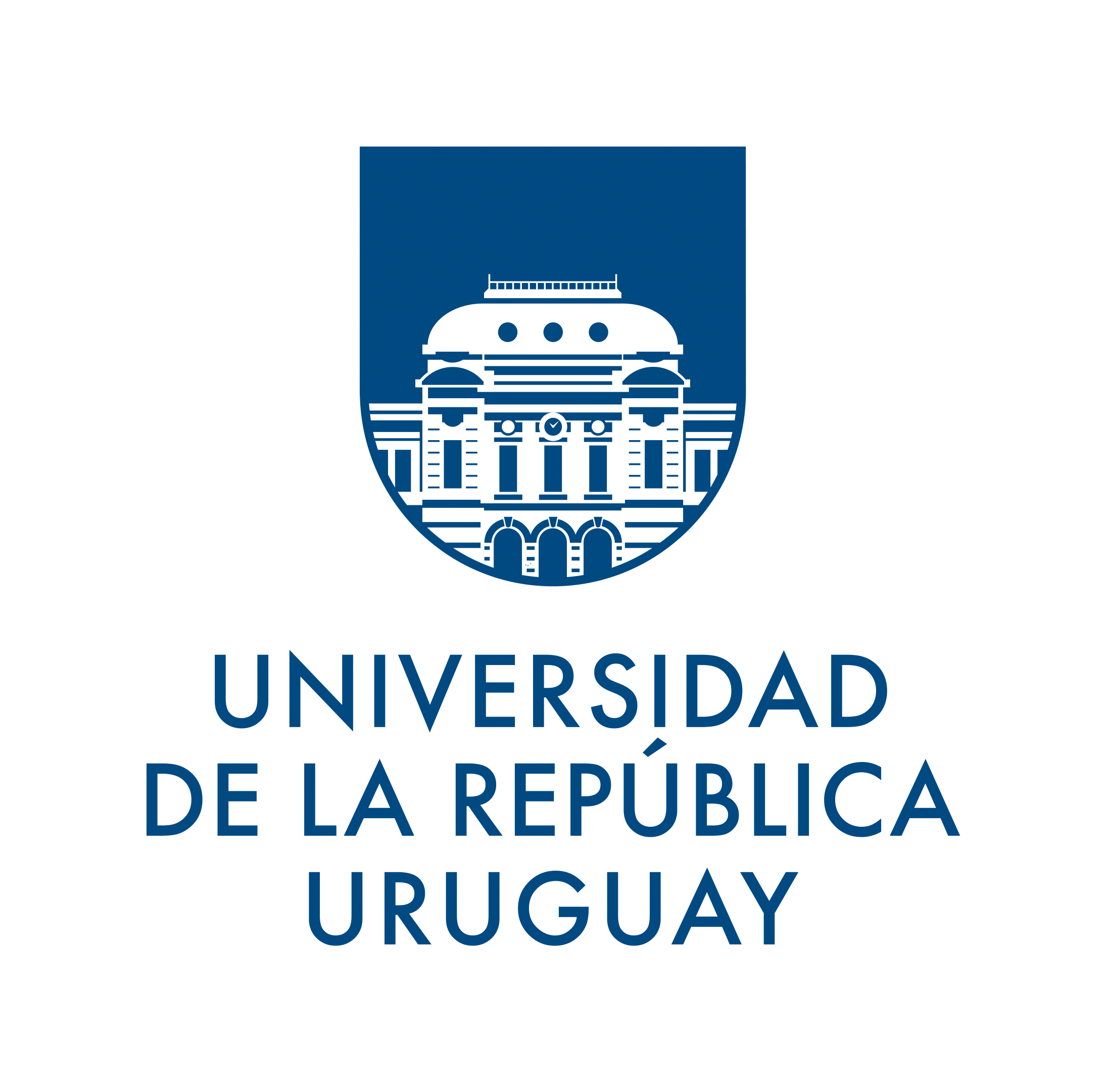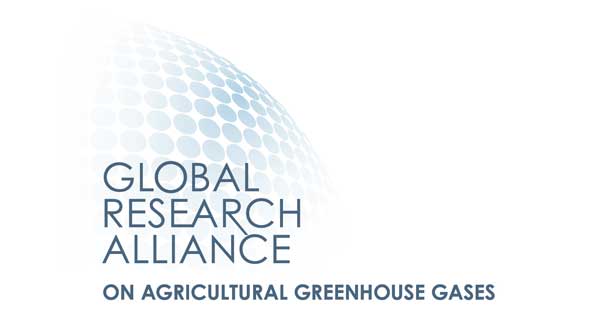Resilient livestock production systems that mitigate climate change
The objective is to contribute to the resilience and climate change mitigation capacity of livestock systems in Latin America and the Caribbean (LAC). This will be achieved through the evaluation of livestock system integration practices.
Context of the story
Throughout the region, there have been significant land use changes due to deforestation and grassland replacement over the past 20 years. In LAC, livestock farming accounts for a large proportion of GHG emissions, averaging 18% and reaching up to 25% in some countries. There is a need to mitigate GHG emissions linked to livestock farming and increase carbon (C) stores in soils. In this context, the implementation of silvopastoral systems (SPS) provides smart livestock farming aimed at mitigating GHG emissions from both animals and the soil. Maximising the sequestration of C in the soil and in wood increases resilience and adds value to the products derived from these systems.
Productive integration promotes the resilience of productive systems by increasing biodiversity and species interactions.
The implemented initiative
The general objective of this project is to contribute to the resilience and climate change mitigation capacity of LAC livestock systems. This will be achieved through the evaluation of practices for integrating livestock systems with forestry systems (silvopastoral systems – SPS) that allow increasing carbon reserves, productive diversification and environmental sustainability. The specific objectives are: a) Build a diagnosis of the status of SPSs in project member countries (baseline) b) Evaluate the climate change mitigation and resilience capacity of SPSs, and c) Manage knowledge and strengthen capacities in SPSs.
Increased adoption of integrated systems in LAC to enhance the resilience of productive systems and mitigate climate change
The technological solution
This project seeks to complement the technical-productive and economic information generated by the FONTAGRO projects “Multipurpose silvopastoral systems and family livestock farming in Peru and Colombia” and “Network of resilient farms with sustainable forest management”, providing data on the impact of SPSs on carbon sequestration, GHG emissions and soil ecosystem services. Furthermore, having region-specific determinations will enable greater accuracy in the calculations compared to those generated using the IPCC emission factors, which may overestimate real values. Most of the countries participating in this proposal lack their own GHG emission factors and carbon balances for integrated production systems (SPS). Obtaining these data would provide a valuable tool to be used in their National Communications on climate change. The total number of direct beneficiaries will be 2,510 people, distributed among the participating countries.
SPS would allow the reconversion of extensive livestock farming with very low productivity into more productive systems, as well as the rehabilitation of areas degraded by extensive livestock farming, deforestation and soil depletion.
Participating countries
Type of project
Results
Expected outcomes include improved territorial stability for families, an increase in the demand for labor, an increase in income and a decrease in risk, resulting from greater livestock productivity, production diversification, added value and improved marketing of forest products. Knowledge of carbon sequestration, added to the generation of emission factors that allow calculating the net balance and footprint of carbon in SPSs, will allow the evaluation of the mitigation potential of these systems. Not least important is the information on the impact on soil ecosystem services, which will permit evaluation of the resilience capacity of these systems at a national and regional scale. The expected socio-economic impacts are correlative to the environmental ones: increases in the carbon content in the systems are associated with greater productivity and resilience of the system against the effects of climate change.

 Back to the project
Back to the project Argentina
Argentina Brazil
Brazil Chile
Chile Dominican Republic
Dominican Republic Uruguay
Uruguay United Kindom
United Kindom United States
United States















